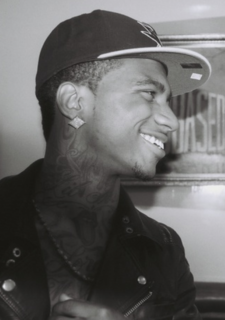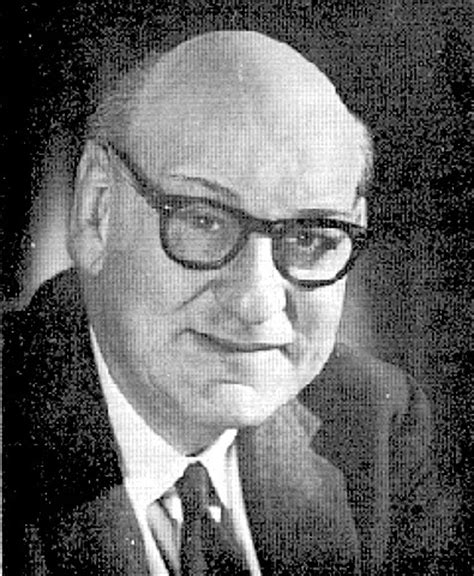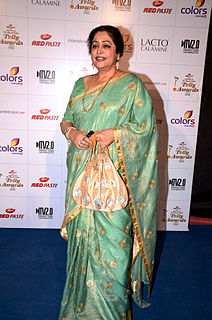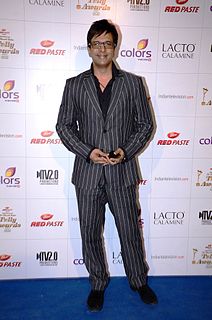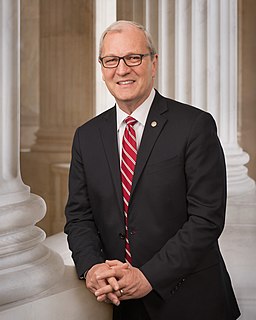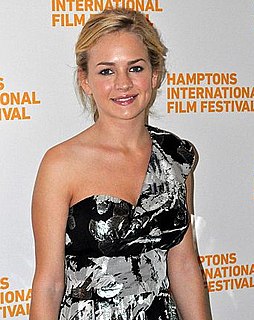A Quote by Jasmin Bhasin
Being an actor, I have no issues with a character being negative or positive as long as the role is substantial and meaty.
Related Quotes
Based means being yourself. Not being scared of what people think about you. Not being afraid to do what you wanna do. Being positive. When I was younger, based was a negative term that meant like dopehead, or basehead. People used to make fun of me. They was like, "You're based." They'd use it as a negative. And what I did was turn that negative into a positive. I started embracing it like, "Yeah, I'm based." I made it mine. I embedded it in my head. Based is positive.
What we'd consider a positive role model, I think it's impossible to actually be a role model. You'll have your flaws or defects of character, regardless. You just speak like a positive role model, and that's just something that you're being conscious of, and you make the decision, "I want to say positive things."
When you go for something because you're curious about it, you get psyched up about the chance of getting into it. It's like an actor meets a role, and you slip into that body and see what happens, to experience certain conditions, to adopt a certain character. Even shooting is a study of the character. I think both the character and the actor, and eventually the filmmaker - myself - are finding a way to accept their environment and being accepted and feel comfortable of themselves.

